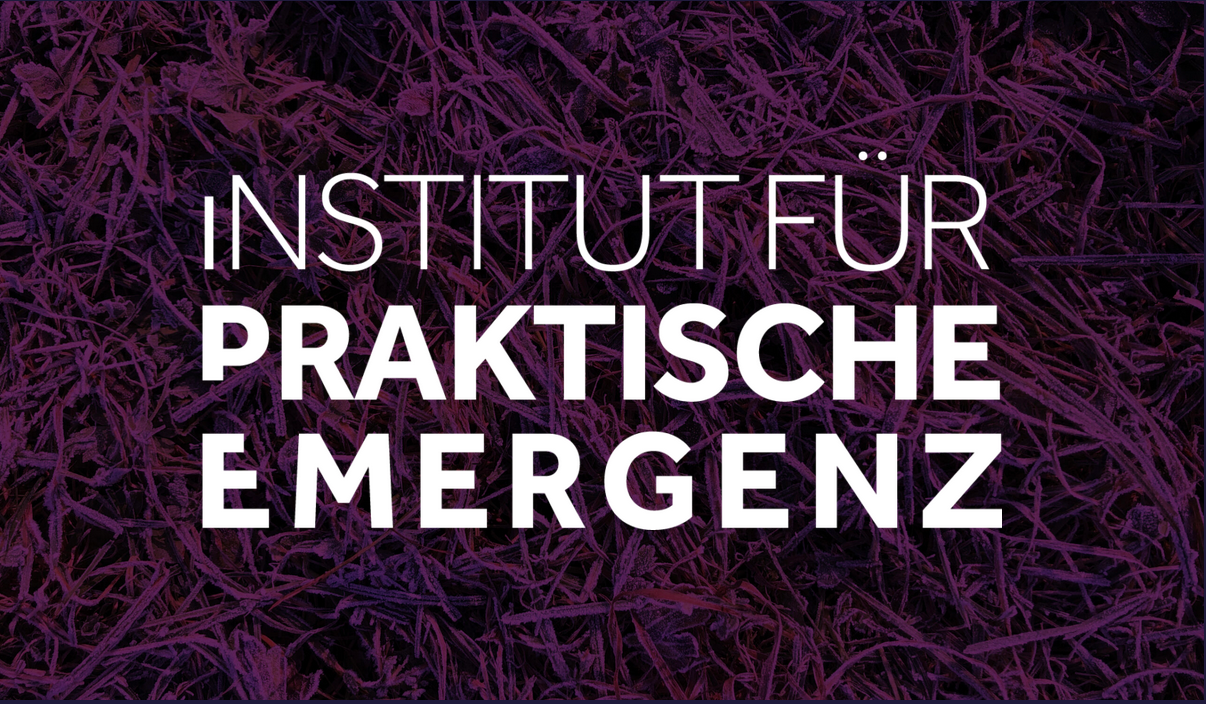
How does the new come into the world?
Who we are
The Institut für praktische Emergenz is an independent ThinkPlayDoTank focusing on topics related to
social change and organisational development, as well as a partner for innovation, strategy and implementation, particularly in the development of vibrant networks.
What we do
We believe that we can only succeed by working together.
Or to put it more theoretically: In order to deal with external complexity, a system also needs the corresponding complexity internally. In other words, it needs many different perspectives, skills, experiences and backgrounds. These need to be brought together so that the entire system can learn.
We do this in concrete terms by helping communities and vibrant networks to grow, organising and moderating conferences, accompanying transformation processes and passing on our knowledge and expertise in these areas in
our training courses.
Why Emergence?

Emergence refers to the development of new structures, properties and states from the interaction of different actors, whereby what emerges has yet again entirely new properties - the whole is thus more than just the sum of its parts.
Too abstract? This is how Nora Bateson explains Emergence and this is what Margaret Wheatley says.
"We need emergence to cope with complexity. Emergence can't be controlled or managed, but we can foster the conditions for emergence, behave with integrity, and hope others will follow."
Tyson Yunkaporta (Sand Talk)

Work with us
From building vibrant networks to designing and implementing innovative conference formats
We are experienced partners when it comes to vibrant networks. We help initiate networks, establish communication, organise meetings, build smart structures for knowledge transfer and provide support in all other strategic matters relating to vibrant networks.
But it doesn't have to be that big; even a cleverly designed event such as a conference can immediately uncover knowledge, connect people and thus prepare the ground for change. That's why we don't just settle for presenting keynotes, but use them to provide impetus that is then developed further by the participants in formats moderated by us and carried back to the teams.
The Institut für Praktische Emergenz is also a development partner for topics such as futures literacy, sustainability in organizations, Inner Development Goals and many more. here
If you are around in or near Munich, come over have coffee or tea with us.
Learn with us
Training programmes, seminars, workshops, keynotes and facilitations
In our training courses and seminars, we show how to grow vibrant networks within and across organisations. There are specific steps to follow and skills to learn in order to achieve this.
As a long-standing supporter of the Inner Development Goals, we offer impulse workshops on the IDGs.
Our lecture and moderation topics range from emergence and building vibrant networks to futures literacy and dealing with uncertainty.

Training:
Lively Netzworks
This six-week hybrid training course focuses on living networks. How do they differ from the networks we are familiar with? Why do we need them, now more urgently than ever? Living networks cannot be built in the traditional sense, but you can help them grow. This requires solid tools: experience design, the basics of community weaving, conflict resolution, moderation skills, group dynamics and much more are taught and practised in this in-depth training course..
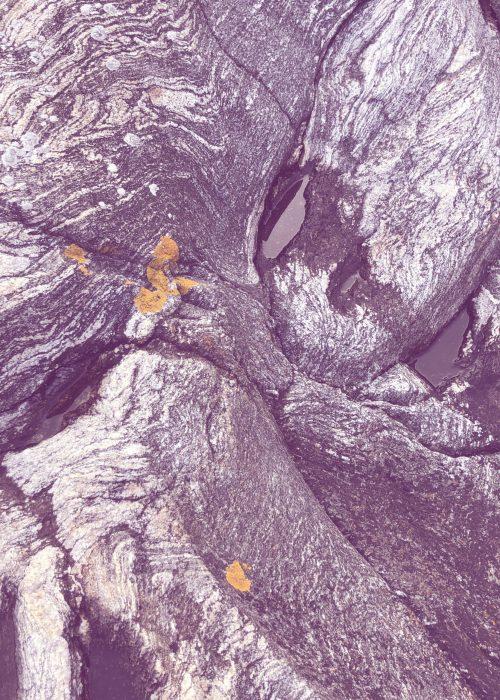
Short seminar:
Living Networks
In this two-day seminar, we provide an overview of what we mean by living networks, why they are so important right now, and what is important to consider when ‘building’ living networks.
The seminar is an introduction to the topic and is intended for people who want to get an impression of how relevant the topic is for them and their contexts/organisations/fields of activity. As in all IPE training courses, practical application plays a central role.

Impulse Workshop: Inner Development Goals
We have been supporter of the IDG movement from the beginning and are happy to support organizations by introducing the topic. In this 3-hour impulse workshop we give an overview of the IDGs and their relevance in the current context and work out together what this means specifically for your organization and your employees. We identify development opportunities (e.g. through an assessment) and define what the next steps would be.
more
IPE meets...
Our Collaborations
We are always on the lookout for people whose work suits, complements or challenges us. We look forward to presenting what they have to offer on our premises or developing something together with them.
Weaving networks
Emergence requires networked structures. We never tire of finding ideas, people, initiatives and ideas, presenting them and bringing them together so that supporting communities and networks can emerge and ideas can spread.
Weaving ideas:
Our resource list
What already exists: a constantly growing, diverse and international collection of exciting and inspiring initiatives and ideas that deal with social change, futures, speculative design and so on. Books, Blogs, Magazines, TV Shows, Movies, Podcasts included.
Weaving people:
Our Events
Take part in one of our events, like these online-impulses about new topics (AI, IDGs, Futures Literacy...): Discover new stuff, get inspired and contribute with your own experience and expertise.
Above all, connect and exchange ideas with others.
Weaving with us:
Open Door
Are you interested in our work? Would you like to get to know us a little or simply chat with us?
We are delighted to invite you to our Open Door on Fridays between 10:00 and 12:00. Simply click on the link here and make an appointment.
Our podcast Factor Em
Learning about emergence from practitioners and experts
How do new ideas come into being? We want to find out from those who deal with change processes on a daily basis: practitioners and experts. What can they teach us from their experience? What do we need to understand about topics such as risk and emergence? Why are urgency and speed not the right approach to solving complex challenges?
What role does networking play in innovation and transformation? And what is the deal with happy coincidences?
Tanja Gronde from Bayerischer Rundfunk and Rike Pätzold get exciting answers and inspiration from their guests, as well as homework assignments to get them experimenting right away. And listeners are welcome to join in.
Tanja Gronde vom Bayerischen Rundfunk und Rike Pätzold holen sich von ihren Gäst:innen außer spannenden Antworten und Impulsen außerdem Hausaufgaben, um gleich selbst ins Experimentieren zu kommen. Und die Hörer:innen sind herzlich eingeladen, mitzumachen.
The people behind the IPE:
The Institut für praktische Emergenz introduces itself!
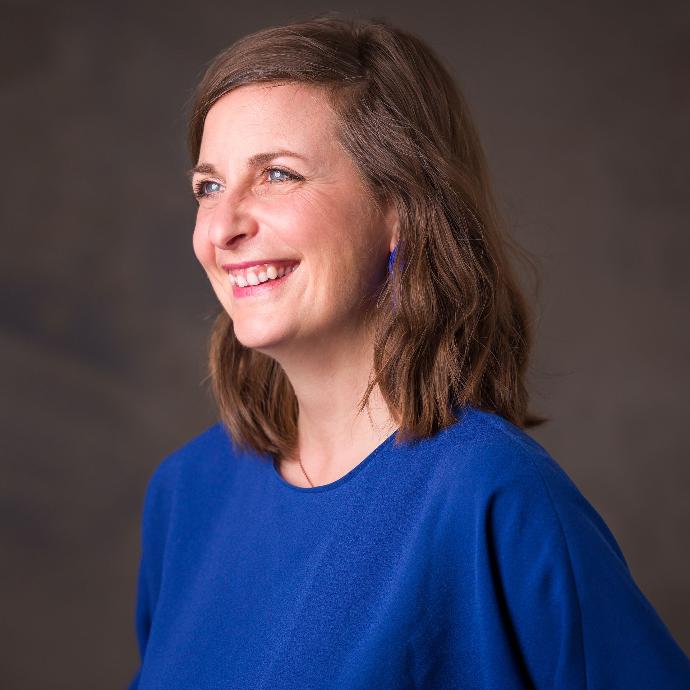
Rike Pätzold, M.A.
Rike Pätzold consults, writes, teaches and is passionate about emergence, participatory future design and how to deal well with uncertainty and complexity. At IPE, she explores new ways to change living systems from the inside out and tests them in her practical work as an organizational development consultant. Rike is a native of Munich, where she now lives again with her patchwork family after sailing around the North Atlantic on a sailboat. Rike studied Sinology, Japanese Studies and Philosophy of Language and lived in Taiwan for several years to deepen her knowledge of Chinese and Daoism.
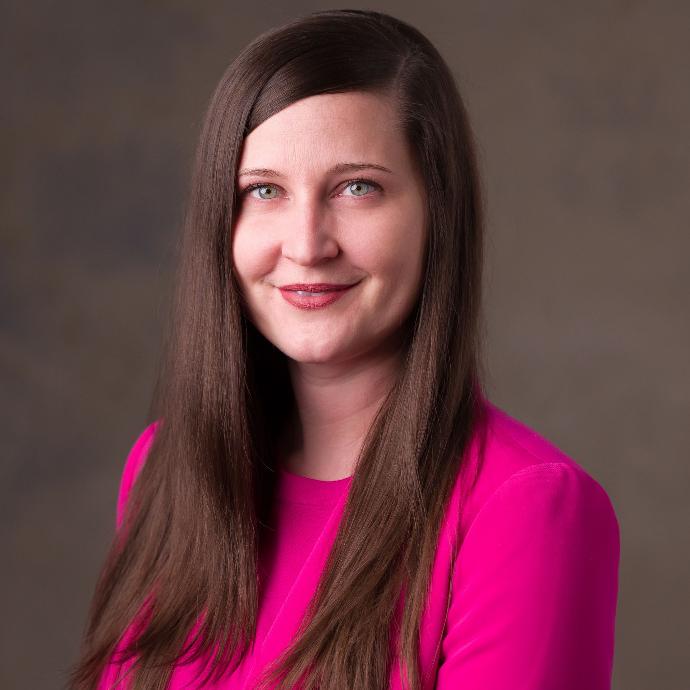
Vanessa Ludewigs
Vanessa Ludewigs is interested in building networks - bringing people together who can shape new things together. In her work, she is concerned with how systems and organizations can be rethought. She is particularly fascinated by groups and how they work together, and how they can be supported. Vanessa is a trained industrial manager, and has an MBA in change management and many years of experience in traditional management consulting. Change and transformation have always been her hobbyhorses. Together with Kerstin Gollner, she manages EQU:WIN and loves to tackle, implement and lead challenging and complex projects.
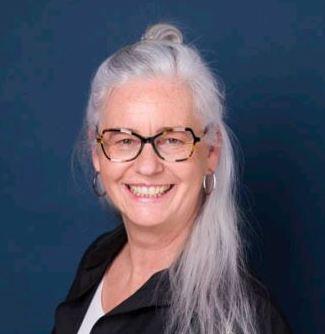
Dr. Kerstin Gollner
Kerstin Gollner's passions are change management, organizational development and transformation processes. She has been working in this field for 30 years, accompanying large and complex changes in companies. As Managing Director of EQU:WIN, she now puts her experience at the service of organizations, cities and communities to initiate the change dynamics that are necessary to cope with the major social challenges of our time. She has been working on the topic of emergence and social dynamics since her studies. Kerstin Gollner holds a PhD in ecological economics. She lives with her family near Munich.

Since 2021, the IPE has been supporting the
Inner Development Goals
and is hosting the IDG Munich Community Hub together with a great core team. Interested in the IDGs and located in and around Munich? Get connected on Howspace and register for free for our next hub event.
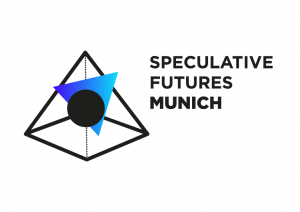
The
Design Futures Initiative
gathers designers, strategists, enginieers, scientists, artists and futurists from all over the world. The IPE is official partner of the initiative and hosts the Munich Chapter.
Interested in joining us or just dropping by? Just drop us a line !
We are involved here:
NxF | navigate by fiction.
The method for participatory future design in cities, communities and organisations brings people together and aligns them towards a shared future.
Gemeinsam. Zukunft. Machen.
A new form of citizen participation in cooperation with committed residents of a municipality based on our future design method NxF.
Bibliothek der Zukünfte
Browse through the constantly growing library of futures, in which we collect the future stories created by our participatory future design method NxF.
EQU:WIN Consulting
A Munich based organizational development consultancy that treats organizations as living organisms and sees healthy relationships and cooperation as prerequisites for change.

